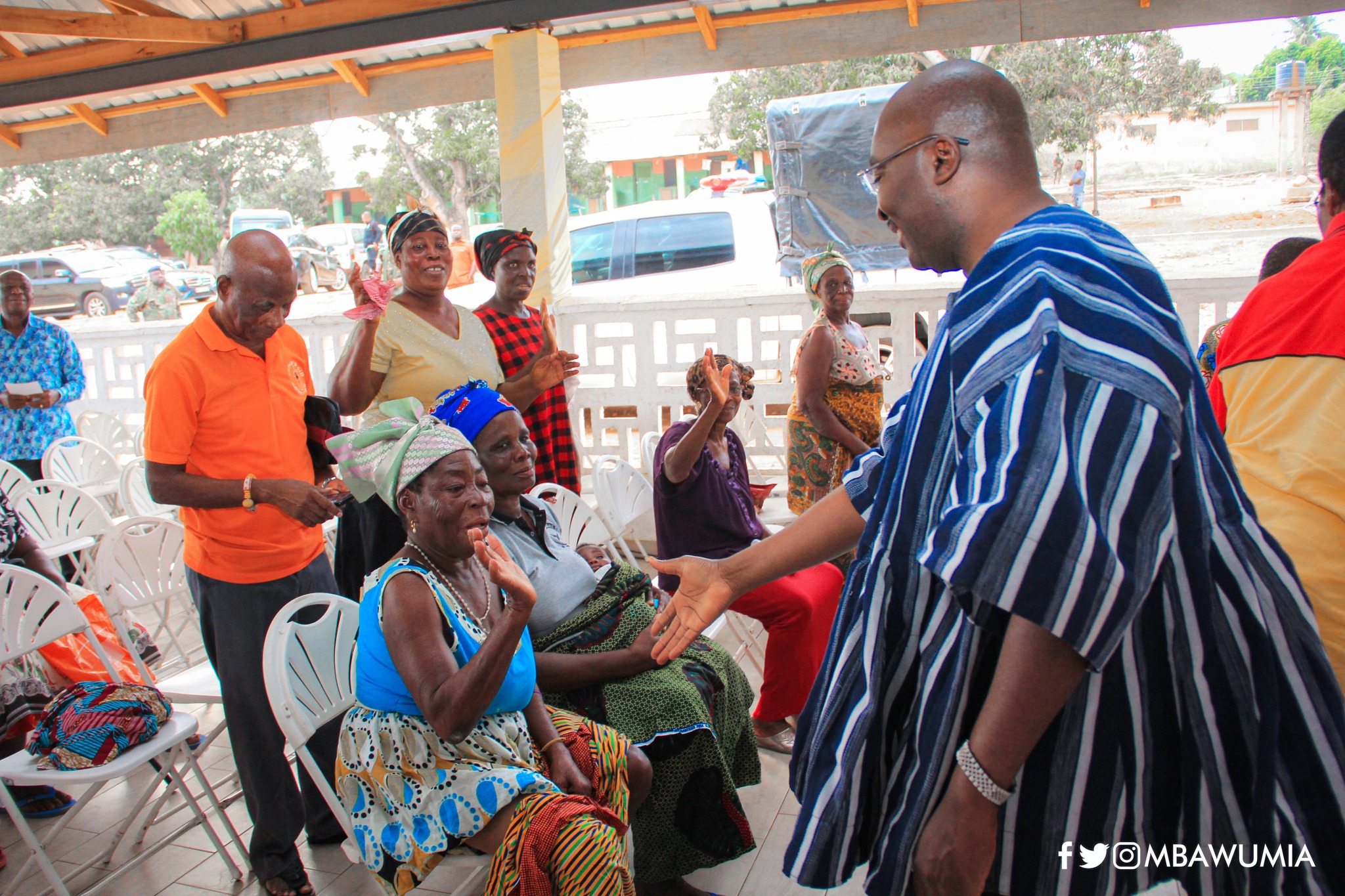
Show compassion to cured lepers
Every year, about 200,000 people are diagnosed with leprosy, while there are millions who are living with the damaging consequences of delayed leprosy treatment, the World Health Organisation (WHO) has said.
To underscore the seriousness the global community attaches to the disease, January 29, every year has been set aside to celebrate the lives of those affected, raise awareness of the signs and symptoms of the disease and tackle the stigma that too often surrounds leprosy.
The theme for this year’s commemoration was: ‘Act Now: End Leprosy’.
The day is commemorated to raise awareness of a disease that many people think does not exist any longer and also provide an opportunity to lift up the voices of people affected by leprosy throughout the world.
Leprosy, also known as Hansen’s disease, is a chronic infectious disease caused by the bacillus Mycobacterium leprae.
It is a neglected tropical disease (NTD) which still occurs in more than 120 countries.
The disease predominantly affects the skin and peripheral nerves.
Left untreated, it may cause progressive and permanent disabilities.
The bacteria are transmitted via droplets from the nose and the mouth during close and frequent contact with untreated cases.
Leprosy is curable with multi-drug therapy.
The disease is curable and early treatment can prevent disability.
Apart from the physical deformity, persons affected by leprosy also face stigmatisation and discrimination.
The elimination of leprosy as a public health problem globally was achieved in 2000 and in most countries by 2010.
The reduction in the number of new cases has been gradual, both globally and in the WHO regions.
Today, there are an estimated three to four million people living with some form of disability due to leprosy.
As of 2021, Ghana had 263 leprosy cases.
At this year’s commemoration of the day, the Vice-President, Dr Mahamudu Bawumia, expressed concern over discrimination and misinformation about leprosy, which had been identified as major challenges militating against the fight against the disease.
In Ghana, one cannot talk about lepers without mentioning Father Andrew Campbell, who has been christened the ‘Lepers Priest’.
Currently, Father Campbell takes care of nearly 1,000 people afflicted by leprosy across the country.
He has also been instrumental in the redevelopment project at the Weija Leprosarium, the renovations at the Ankaful Leprosy General Hospital, the laboratory for leprosy and skin conditions in Wa and the Leprosy Clinic at Kokofu.
Through his work in the past 50 years, there is an improvement in the fight against leprosy.
The retired Catholic Priest of the Christ the King Catholic Church founded and established the Weija Leprosarium in 1993.
The Irish-Ghanaian priest also plays a major part in taking care of the leprosariums in Ho, Ankaful, Wa, Nkanchina and Kokofu, all in different parts of the country.
Father Campbell is also the founder of the Lepers Aid Committee, an NGO that supports their care.
The Weija Leprosarium was established mainly for healed lepers and to serve as a haven for people who suffer stigmatisation as a result the disease.
The Daily Graphic commends Father Campbell for all the good works he has done and continues to do for lepers and the country as a whole.
The paper also commends the government, the Ministry of Health and the Ghana Health Service for their work in ensuring that leprosy is eradicated totally in the country.
We, however, call on duty bearers to ensure that issues of leprosy are captured adequately in the Universal Health Coverage agenda of the country to ensure that lepers are not left behind when it comes to quality care.
While adding our voice to that of Dr Bawumia, we further call on philanthropists, organisations and the public to help raise enough funds so we can be the generation that ends leprosy transmission and also creates the opportunity to lift up the voices of people affected by leprosy throughout the world.

 Click the link to read your copy.
Click the link to read your copy.